COURSE:
NR-565: Advanced Pharmacology Fundamentals
CPG’s Related to Gastrointestinal Conditions
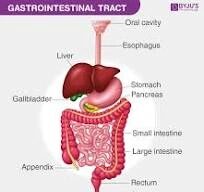
NR-565: Advanced Pharmacology – Gastrointestinal CPGs Case Study Assignment
Unlock Clinical Expertise with Evidence-Based Gastrointestinal Case Studies for Advanced Nursing Practice
Elevate your understanding of pharmacological treatments for gastrointestinal conditions with this in-depth, case-based assignment from Week 7 of NR-565: Advanced Pharmacology Fundamentals. Specifically designed for advanced practice nursing students, this structured coursework guides you through a clinical decision-making framework rooted in current Clinical Practice Guidelines (CPGs) and evidence-based pharmacological treatments.
Whether you’re preparing for exams or advancing your professional skills, this assignment helps refine your diagnostic reasoning and prescription-writing competencies.
✅ Features:
-
Client-Specific Case Scenarios: Based on the first letter of your last name (A-Z).
-
CPG Application: Review and apply clinical guidelines to real-world gastrointestinal cases.
-
Pharmacological Assessment: Learn to recommend evidence-based treatments using scholarly sources.
-
APA Style Requirements: Includes proper citation formatting and professional communication standards.
-
Engagement-Driven Format: Encourages peer and faculty interaction through structured responses.
Why Buy This WooCommerce-Ready Nursing Assignment?
Designed to meet academic excellence standards, this product is ideal for students looking to streamline their coursework while mastering pharmacologic protocols for GI conditions. It includes all necessary instructions, peer-response requirements, and integration of scholarly sources—perfect for passing with confidence.
⚕️ Ideal For:
-
Graduate-level nursing students (NP programs)
-
Nurse educators seeking case-based content
-
Online academic course platforms and digital nursing libraries
FAQs:
Q: Is this assignment updated with the latest CPGs?
Yes, the content references the most current gastrointestinal clinical practice guidelines.
Q: Can I customize the client case?
Absolutely. Each case is assigned based on your last name, and you can tailor your response accordingly.
Preparing the Assignment
Follow these guidelines when completing each component of the discussion. Contact your course faculty if you have questions.
General Instructions
Step 1: Review your assigned clinical application activity from the lesson. Your assigned client is based on the first letter of your last name in the chart below. The client case link will take you to the page in the lesson where the respective case is located. Scroll to the bottom of the page to locate the client case.
| Last Name | Client from Week 7 Lesson |
| A – D | Wei Zhang |
| E – H | Lalisa Makok |
| I – K | Lester Payne |
| L – N | Alessa DiGiovanni |
| O – Q | Diego Barroso |
| R – T | Lourdes Ayala |
| U – W | Chesa Flores |
| X – Z | Atohi Ishtasapa |
Step 2: Assess the client’s case, the applicable clinical practice guideline (CPG), and the prescription writing activity for that client within the lesson.
Step 3: Answer the discussion prompts below with explanation and detail, providing complete references for all citations. Refer to the lesson for client information.
Step 4: Reply to peers with a different assigned client.
Include the following sections:
- Application of Course Knowledge: Answer all questions/criteria with explanations and detail.
- Describe your assigned client’s situation. Why are they presenting to the clinic? What medications are they currently taking?
- Assess the applicable clinical practice guideline (CPG) for your assigned client linked on the same page in the lesson where the client case is located. What treatment is recommended by the CPG for your client’s situation?
- Discuss your personal professional assessment of the client’s situation provided in the scenario. What pharmacological treatment is necessary and why?
- Reflect on additional questions you have about your assigned client that may influence treatment. What else do you need to know? What follow-up assessments, labs, or conversations are required to ensure optimal health outcomes?
- Integration of Evidence: Integrate relevant scholarly sources as defined by program expectationsLinks to an external site.:
- Cite a scholarly source in the initial post.
- Cite a scholarly source in one faculty response post.
- Cite a scholarly source in one peer post.
- Accurately analyze, synthesize, and/or apply principles from evidence with no more than one short quote (15 words or less) for the week.
- Include a minimum of two different scholarly sources per week. Cite all references and provide references for all citations.
- Engagement in Meaningful Dialogue: Engage peers and faculty by asking questions and offering new insights, applications, perspectives, information, or implications for practice.
- Peer Response: Respond to at least one peer on a topic other than the initially assigned topic.
- Faculty Response: Respond to at least one faculty post.
- Communicate using respectful, collegial language and terminology appropriate to advanced nursing practice.
- Professionalism in Communication: Communicate with minimal errors in English grammar, spelling, syntax, and punctuation.
- Reference Citation: Use current APA format to format citations and references and is free of errors.
- Wednesday Participation Requirement: Provide a substantive response to the graded discussion topic (not a response to a peer or faculty) by Wednesday, 11:59 p.m. MT of each week.
- Total Participation Requirement: Provide at least three substantive posts (one to the initial question or topic, one to a student peer, and one to a faculty question) on two different days during the week.
CPGs Related to Gastrointestinal Conditions: Clinical Decision Support
Advanced nursing practice depends on proper use and application of clinical practice guidelines (CPGs) that help manage gastrointestinal conditions.
Research-based CPGs show healthcare professionals how to identify, treat, and manage different digestive system problems. Healthcare providers need to follow new gastrointestinal condition CPGs to help their patients recover better.
Nurses use gastrointestinal CPGs to help patients.
Practitioners must follow all current CPG requirements when they assess patients with gastrointestinal health problems. These guidelines include complete instructions for medical evaluations and tests plus treatment methods. Using CPGs for gastrointestinal conditions creates consistent patient care and lets medical teams develop individualized treatment methods.
Evidence-Based Practice Framework
Modern healthcare depends on evidence-based practice and uses CPGs as the main tool for making clinical decisions. These guidelines combine new research findings and expert opinions to create practical treatment recommendations for gastrointestinal problems. Using CPGs correctly helps patients get the best available medical treatments today.

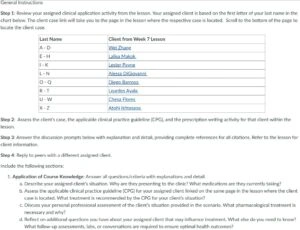
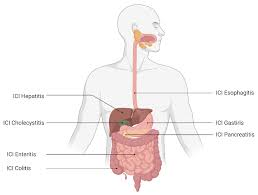
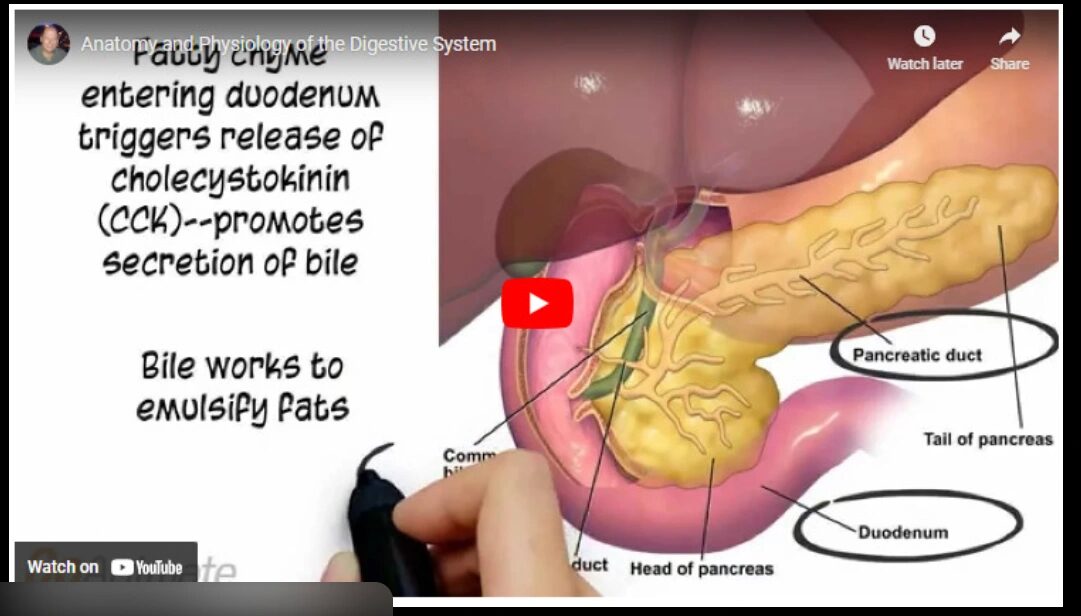
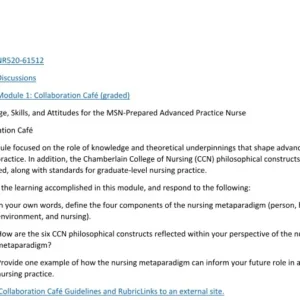
Reviews
There are no reviews yet.